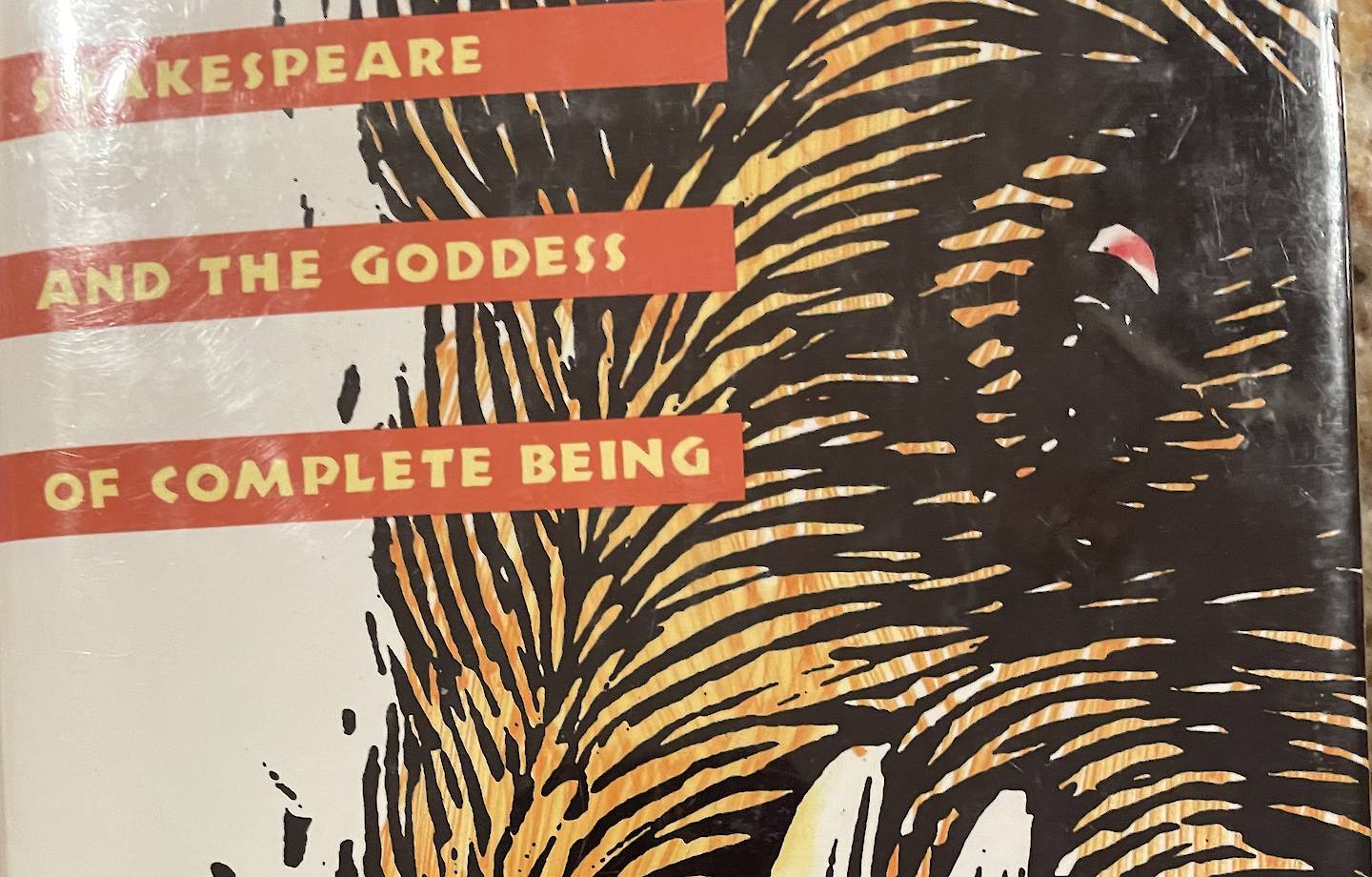We Are Living Longer...
People are living longer. That's what I heard growing up. In red governed regions, people are not living as long as they once did because the GOP is now 80% authoritarian and holding power by lying and denying facts. (See the article in the paper of record.)
But I feel what's salient is that people are living with their brains longer. That means more people will come to an anti-natural position. It's a constant process, but some moments manifest more clearly and openly --
The Yellow Book
The 20s
The 60s
Now
The brain churns on and on and it creates much, including a great deal of antinatural & antipositivist positions. The 18th C. shopkeepers trained their brains to focus on what works, what is natural. They developed pragmatism; they practiced science and empiricism. In the early 19th C. people got tired ot that.
People get bored with training their brains on the natural.
Battlestar Galactica: we are always outrunning the Cylons. Horror and sci-fi are projections of what our brain does.
Before the Yellow Book, consider Buchner's *Lenz* and *Wozzek*. Goethe's work was about finding the Bildung that marshalls our energies such that we avoid becoming a Werther.
Ted Hughes' Shakespeare Book relates these issues to Shakespeare's work and world. Back to that in a sec.
So any fight against our bodies is from living with our brains. Since the dawn of consciousness, cultures try to do what Goethe did and what the Bildungsromans did, but at the same time there are always the paths of the subalterns who create traditions that resist any concessions to the body, concession to nature, that resist strictures that the whole puts in place to keep order. Those forces of order always fail eventually, passing through moments of tyranny, tarnishing any effort toward civilization, cultivation, socialization.
Ted Hughes' Shakespeare and the Goddess of Complete Being is riveting and breathtaking. Some quick notes. As I summarize, I'm certain to reflect only what I understand and diverge somewhat from Hughes, who is much better read than I am.
How we receive the gift that keeps on giving -- the fracture between mind & body -- is a matter of fate. For Shakespeare his Bildung came through his deep thinking about a fractured Goddess -- two aspects of Venus, the chaste and the carnal. His Bildung, his Weltanschauung is set into motion by studying these aspects in his sonnets, in Venus and Adonis, and in The Rape of Lucrece.
The lustful Venus capitulates to the body. The chaste Venus doesn't have to be a prude; she can be amorous; her chastity is in that her sexuality is civilized, governed, socialized. For Adonis/Jesus/the Sonnet person (Henry Wriothesley) this dual Goddess is a single person with two natures. One tragic outcome is that by rejecting the carnal Goddess, the chaste Goddess is rejected automatically. (In one of the Greek versions, the aspects are split into two beings, the underground Goddess and the above ground Goddess.)
The next tragedy is that the rejected Goddess gets its revenge by turning into a boar or into feriocious horses that destroy the Adonis figure.
Next -- Ted Hughes brings some penetrating insights into Elizabethan England.
To keep Catholic and Puritan forces from destroying one another, Elizabethan England is a police state, no less than the Hapsburg Empire.
quoting Hughes:
...Mary's reign pushed her Catholic fanaticism to a ferocity beyond anything that England had ever suffered before....
...the momentum of the passions of the Civil War carried Cromwell's victorious Puritans to a severity beyond what the country would ever tolerate again. The conditions that prevailed, between these two episodes, were also, at every point, one way or another, extreme. And peculiar-- in being so uniquely productive.
.....the factor which perhaps more than any other determines the nature and evolution of Shakespeare's Tragic Equation was that the process of religious change was arrested, or rather held in suspense, by the historical accident of Elizabeth I..... were deadlocked, and in a sense spellbound, by her deliberate policy......deadlocked out of sight, forcibly disarmed, and forbidden any physical, direct expression whatsoever, inside Elizabeth's crucible....Elizabeth's solution, reaffirming her father's ideal of a middle way between the two extremes, was to outlaw and suppress both. She needed a police state to do it.
- - - - - - - - - - - -
My take for the moment, connecting back to antinaturalism -- the Catholic Church deemed Elizabeth herself an antinaturalism, "the bastard of a heretic".
No wonder the Pavan and its fetishization of calves. No wonder, three centuries later, we get Aubrey Beardley's Under the Hill.
Our schism here in the US is a descendent of the one Ted Hughes is parsing. Understanding the dynamics might help us understand and sympathize with the suffering Trumpists, but we must be ruthless with the GOP authoritarians who are exploiting them while destroying the founders' check and balances that were so well crafted to keep a lid on things, so knowing of the mess.
Beau of the Fifth Column seems to get this. I see evidence in his Memento Mori talk.
///////////////////
Ted Hughes and Oscar Wilde and the sonnets --
Their arguments are much the same, or they both find the same forces in play, but Oscar Wilde was a partisan decadent and he deliberately and wittily misread the Sonnets in defense of his position, which I always found charming.
/////////////////////////

I love Archipelago Books.
This edition of Buchner’s Lenz is a dual translation by Richard Sieburth. It includes of the passage from Goethe’s Poetry and Truth in which Goethe talks about Lenz and his mentorship of Lenz, which did not save Lenz.
Lenz Werthered himself.
////////////////////////////
Adalbert Stifter's Nachsommer (translated, *Indian Summer*)
The Baron von Risach doles out his partner's copy of the complete works of Goethe to his mentee, Gustav, doles them out carefully, knowing that many are beyond good and evil and require adequate Bildung if not to risk Wetherization. The Baron's love life went awry, and his final love with the mother of the one Gustav will marry, marks the attainment of a sustainable balance of forces, Stifter's Biedermeier spin on Goethe's Elective Affinities.
Walter Benjamin's famous article about Elective Affinities.

